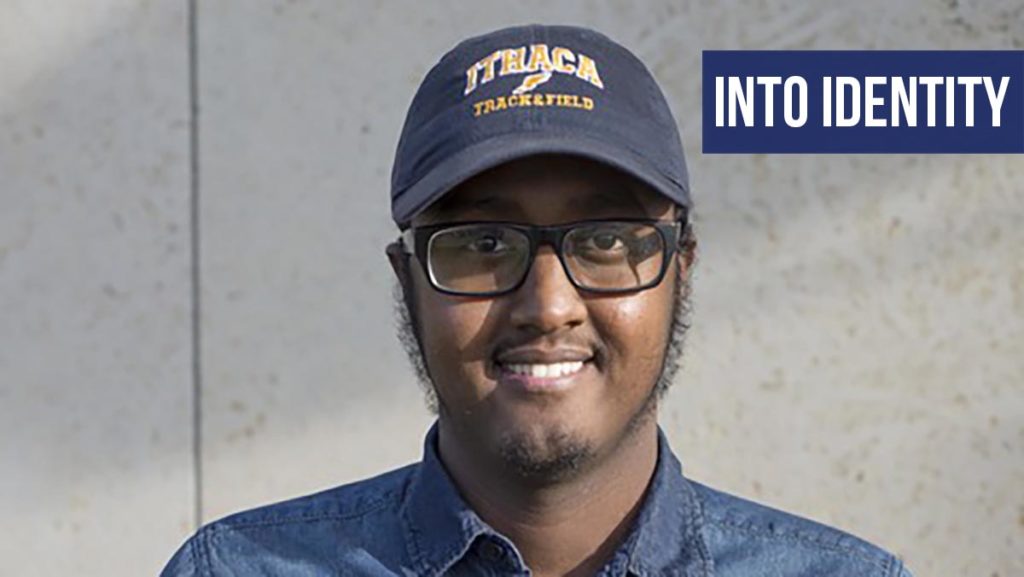Avital Ronell is a well-known scholar at New York University, where she teaches German and Comparative Literature. A few weeks ago, The New York Times ran a controversial story on the 66-year-old academic, detailing a sexual harassment charge that led to her suspension from NYU for a year without pay. The accuser is Nimrod Reitman, a former graduate student who worked under her supervision. Ronell denies all of the allegations leveled against her.
Before Ronell’s case became the center of attention, a group of academics penned a remarkable letter in support of her. Judith Butler, who is internationally recognized for her work on women, gender and sexuality, spearheaded this defense. The letter argues that Title IX, a federal mandate created to combat sexual abuse in academia, is being misused to hunt down Ronell.
More disturbingly, the authors suggest that Reitman is being motivated by malicious intent for pursuing administrative punishment against his former adviser. From my reading, it seems as if the authors aren’t particularly interested in the facts of the Title IX investigation. Their friend is in danger of losing her coveted position at NYU and that’s enough to compel them to come to her defense.
This story has started a much needed conversation about the complexities of the #MeToo movement. However, I couldn’t help but notice a striking parallel between Reitman and the female patient who accused Ithaca College President Shirley M. Collado of sexually abusing her in 2001. Collado also denies the abuse allegations and said she pleaded no contest to the charges in 2001 because she did not have adequate legal representation.
In what ways are these cases similar? Both involve women who hold tremendous power over their victims. Reitman’s victim-status was questioned simply because he’s a married gay man — why would Ronell, a lesbian, harass him? Nevermind the fact that sexual harassment doesn’t have to be sexual at all. The patient who alleged that Collado abused her suffered from serious mental health issues. Some people used this to immediately dismiss her claims. Others have been particularly sympathetic to these women accused of harassment because they come from historically marginalized backgrounds: Collado is of Latina heritage and Ronell is a queer feminist.
This begs the question, “why are people more inclined to give women who are alleged sexual abusers the benefit of the doubt?” Some may argue that, since women have been historically oppressed by men and that men are the overwhelming perpetrators of sexual violence, it’s understandable and even justified to examine claims of sexual misconduct against women differently. In other words, we should consider patriarchal power relations when discussing sexual victimization by women. Yes, sexual violence is about power and control. However, this unequal dynamic between men and women shouldn’t be used to downplay female perpetration.
Quite frankly, I’m uncertain what to make of the allegations against Collado. I’m disappointed that most of the conversations surrounding her case tended to obscure the victim. Many on social media wrote posts about their unbending support of Collado right after the story broke. The patient she allegedly sexually abused was rarely mentioned. I want Collado to succeed in her professional duties, and I surely don’t doubt the hardships she has endured for being a powerful women of color in academia. Still, I want the voice of her accuser — as well as the voice of all survivors of sexual violence — to be elevated and at the center of these difficult discussions.






